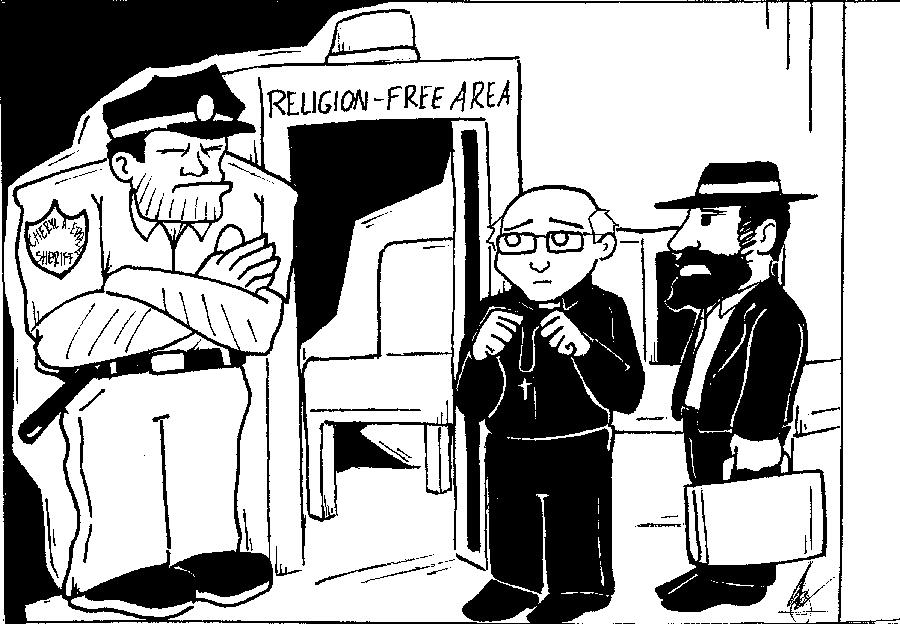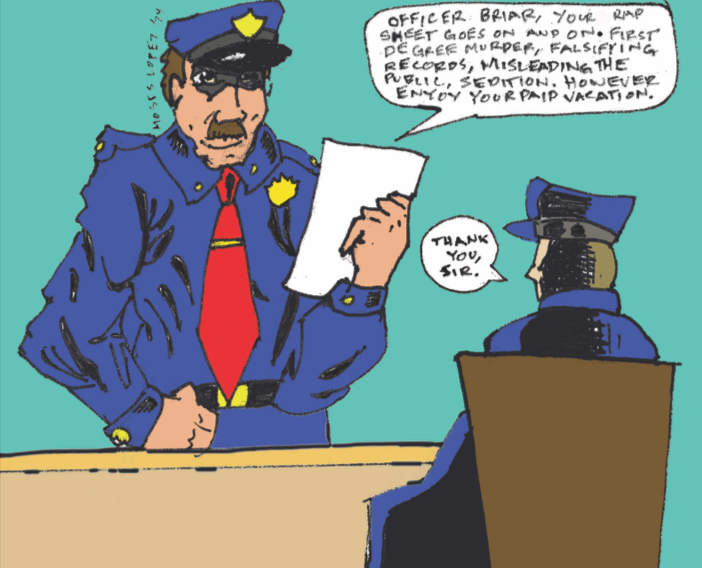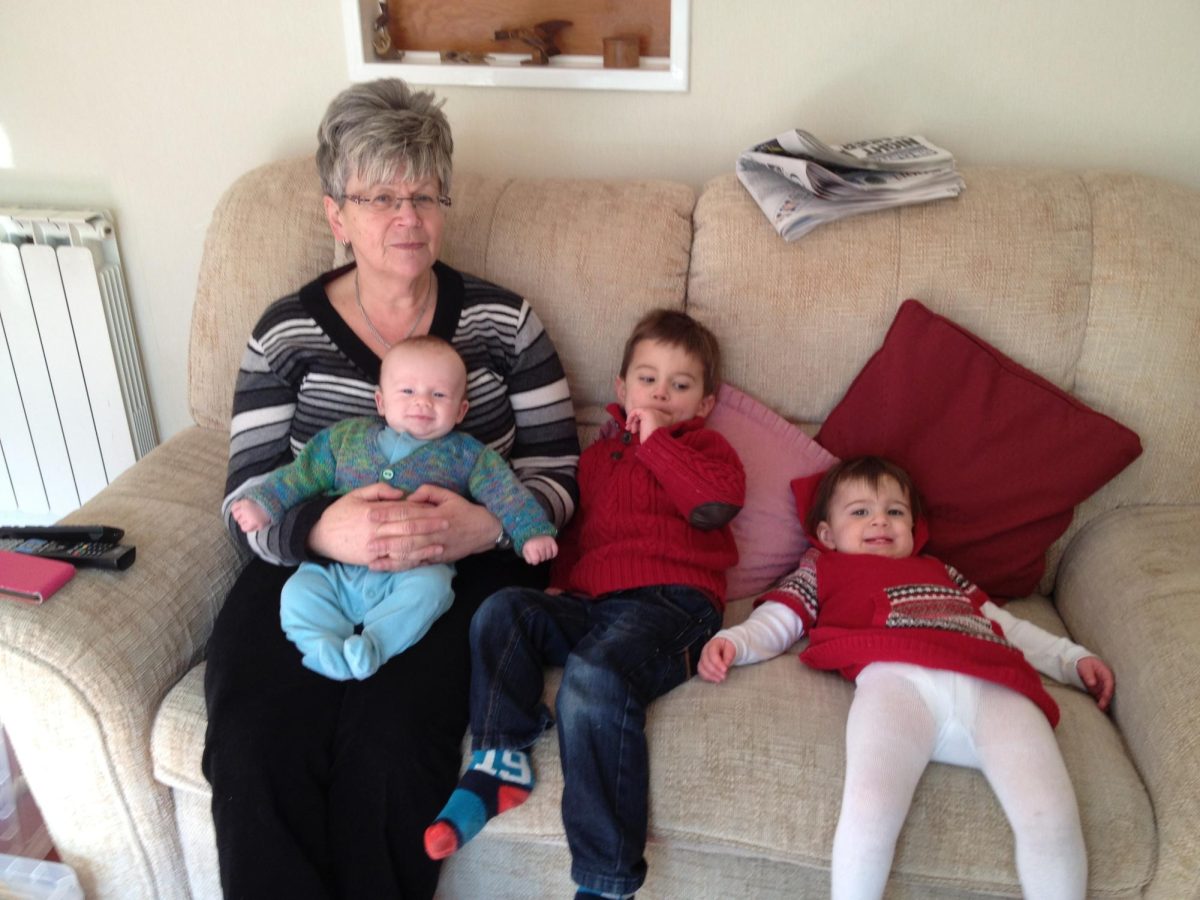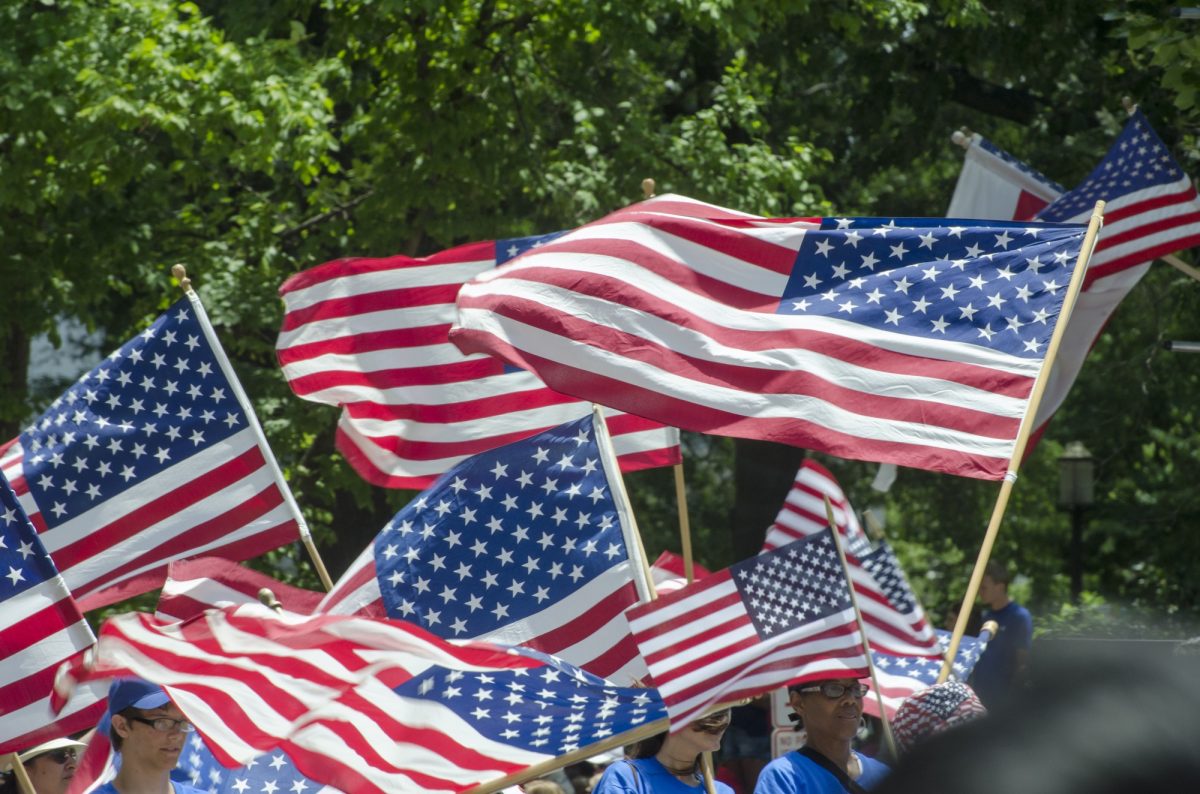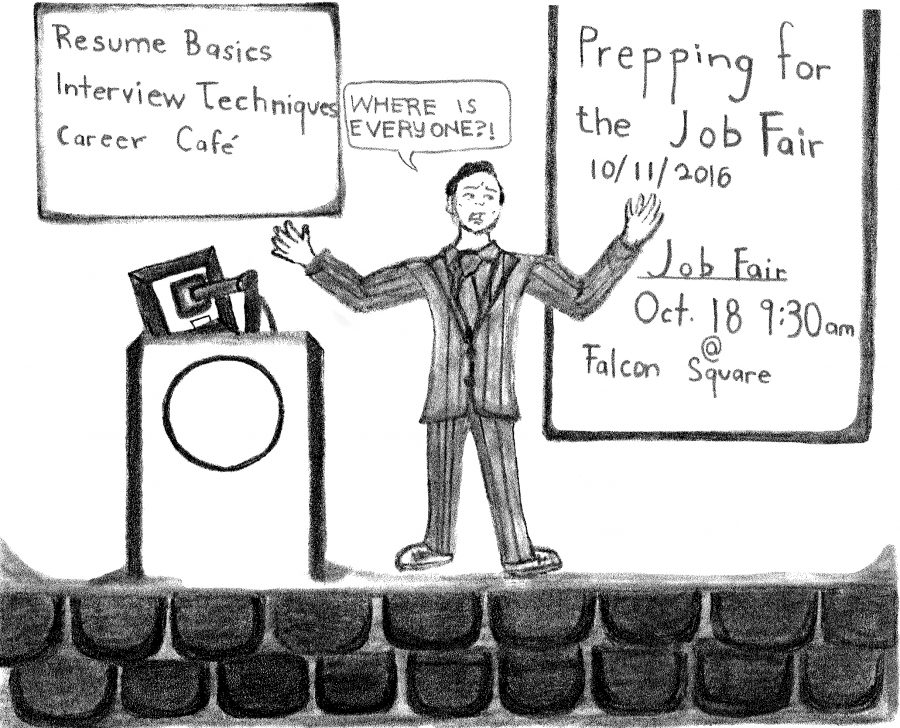To say good luck or break a leg is one thing, but bringing in religious leaders to give educators, not politics, wishes of good faith, is just plain out uncalled for.
Invocation by definition means asking or petitioning for help or support and summoning a deity for said support.
The idea to have invocation at the beginning of board of trustees meetings came from trustee Zurich Lewis during the meeting on Sept. 2.
To Lewis’ defense, the proposal includes not invoking a deity in order to not offend other religions with different ideals.
Anything in disguise that at its core has religious fundamentals, should be separated from anything having to do with education.
Education is a tool, religion is a remedy.
In an essence, people look to religion for a sense of calming and belonging.
Bringing that into an area of heated debate and policy making will create factions that side with whatever religion fits with one’s own personal believes.
School campuses should be secular and academic based.
According to the website Episcopalpgh.org found at this URL: http://www.episcopalpgh.org/invocation-us-house/, God is mentioned in the invocation speech Reverend George L. W. Werner delivered to the United States House of Representatives.
He said, “Gracious God, we meet in a challenging moment of your history. We cannot control all that may endanger us, but we can choose our behavior and the example we set as leaders. Facing overwhelming challenges, the signers of our Declaration of Independence pledged “their lives, their fortunes and their sacred honor.” In Romans, Paul, too, encourages us to “outdo one another in showing honor.”
What about those that see no god or deity or other?
Those public civilians of the community found as audience of the board meeting may not believe in a religion.
How can we cater to their needs when a religious leader is delivering a speech of good faith?
The speech continues, “Please send your Holy Spirit among us, strengthening our vision and courage to do right, especially when no one is watching.
Not for just this great House, but all levels of government, corporations, institutions and organizations; financial, industrial, commercial, academic, military, including our religious and altruistic communities which sadly have not been immune from dishonor; that our beloved country may continue to be a beacon of light to a troubled world and that government for, by and of the people, shall not perish from the face of this Earth.”
During a meeting like the board of trustees meetings, while some stand for the pledge of allegiance, others stay seated and do not put their right hand over their heart.
So if a Reverend is to come to the meeting and give wishes of good faith similar to the one Werner did, do those non-religion-affiliated persons step out of the room to respect their self-belief?
It seems as only more “what if” scenarios and questions arrive from this topic.
It brings topics of conversation that no matter how many times we try to keep our self-beliefs out, they will come to the surface and be spilt mid debate and possibly hurt another’s way of thinking.
As positive as it can be to engulf oneself in to a specific religion or belief, religion also has negative emotions that with out control spiral into hate and form factions.
“I’m better than you because you believe in something I find inferior;” thoughts that extreme beliefs can possibly produce.
In society we already have Christians, Catholics, Jews, Gentiles the list goes on!
All groups that don’t always see eye-to-eye.
It is unnecessary to bring that kind of turbulence into the Cheryl A. Epple board Room or anywhere for that matter.
For example, if invocation is installed into board meetings, does this mean that board meetings of the past were completed without good faith and wise decision making because prior to that a Father, Reverend or Pasture didn’t deliver a righteous speech?
Sure the board meetings at Cerritos College has had it’s fair share of bumpy roads and awkward arguments, but in it’s defense, it has helped the school reach the point it is in now, all of that before the need of having invocation.



